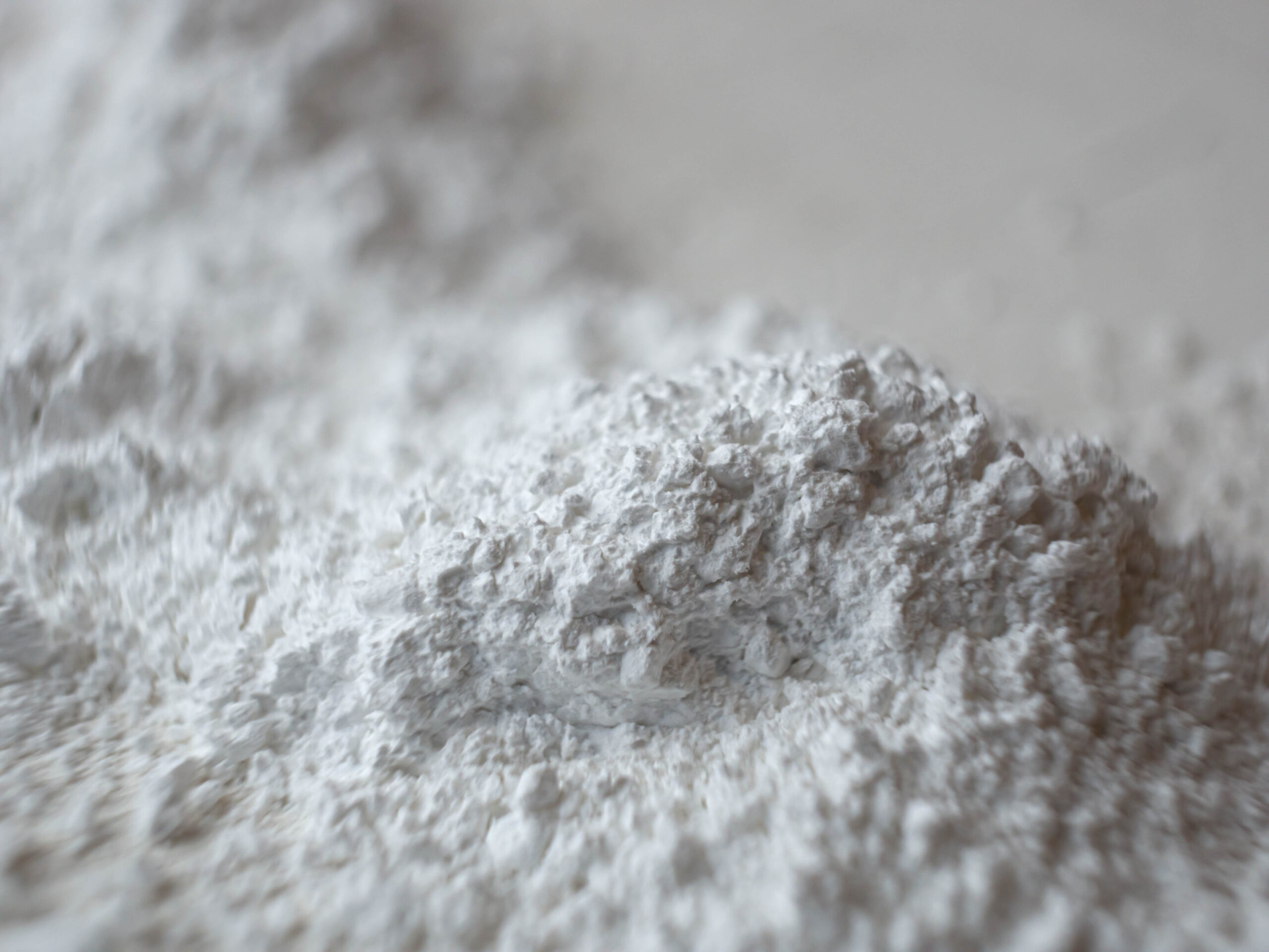Calcium carbonate is a widely used supplement for individuals with insufficient calcium intake. It also serves as an effective antacid to ease bothersome digestive discomfort.
Calcium carbonate (CaCO3) is a substance utilized both as a dietary calcium source and as a common antacid. It ranks among the most plentiful compounds in the earth’s crust and occurs naturally in:
- egg and oyster shells
- the external skeletons of crustaceans
- dark leafy vegetables such as kale
Calcium carbonate is sold over the counter in products like Alka-Seltzer, Tums, Rolaids, and some formulations of Pepto-Bismol, among others. Although these supplements and remedies are available without a prescription, correct dosing is essential to maximize benefit and avoid potential complications.
Continue reading to discover more about calcium carbonate, its benefits, suggested dosing, and possible adverse effects.
What is calcium carbonate?
Calcium carbonate is a naturally occurring calcium salt frequently used as a food additive, antacid, phosphate binder, or dietary supplement.
As a medicinal product, it can be valuable for:
- addressing certain digestive conditions (GERD, acid reflux)
- treating disorders associated with low calcium (osteoporosis, hypothyroidism)
- serving as a phosphate binder in individuals with chronic kidney disease
Calcium carbonate supplements are available as tablets, chewables, oral suspensions, or powders. The powder form typically provides the most readily absorbed calcium, though other forms are effective as well.

What is calcium carbonate used for?
Calcium carbonate has multiple medical applications. While it is best known as an antacid, it is also used to manage or help prevent the following conditions:
- Low calcium levels (hypocalcemia): Calcium carbonate is a common component of calcium supplements. Persistent low blood calcium may stem from conditions such as osteoporosis, hypothyroidism, and hypoparathyroidism.
- GERD and heartburn: The antacid action of calcium carbonate can ease symptoms of digestive complaints like acid indigestion and heartburn. Calcium carbonate works by neutralizing the stomach acid responsible for these symptoms.
- Chronic kidney disease: Calcium carbonate functions as a phosphate binder, which may help protect bone health in people with kidney disease.
- Preeclampsia: Calcium supplementation can lower the risk of high blood pressure (preeclampsia) during pregnancy.
How much calcium carbonate should you take?
Calcium carbonate is generally regarded as safe for daily use as a calcium supplement.
If you’re frequently relying on calcium carbonate for digestive relief, consult a physician to identify any underlying causes. Long-term or inappropriate antacid use can lead to adverse health consequences.
Dosage recommendations for calcium carbonate vary based on individual health needs. Experts usually advise not exceeding a daily supplemental calcium amount of , as this level optimizes absorption.
A clinician may suggest short-term use of higher doses (up to 1,000 mg), but you should not consume more than 8 grams per day during such periods.
Precautions to be aware of
Calcium carbonate is typically tolerated well. However, your intake may need monitoring if you have or are susceptible to:
- hypercalcemia or conditions that result in elevated blood calcium
- heart disease
- prostate cancer
Although evidence is not definitive, some research has indicated a potential link between calcium and an increased risk of and, possibly, .
Are there any potential side effects of calcium carbonate to be aware of?
Side effects from calcium carbonate are generally mild and temporary. If you experience any of the following symptoms for an extended period, notify your healthcare provider:
- nausea or upset stomach
- vomiting
- belching or bloating
- abdominal pain
- constipation
- reduced appetite
- metallic taste
- more frequent urination
- dry mouth
Takeaway
Calcium carbonate supplements provide an effective approach to boost calcium intake when dietary sources are insufficient or if a medical condition leads to reduced calcium levels.
In addition to serving as an antacid to relieve symptoms of various digestive disorders, calcium carbonate acts as a phosphate binder for people with chronic kidney disease.
Although adverse effects are usually minor, it’s important to adhere to the recommended dosing to avoid unexpected health issues.
























Leave a Reply
You must be logged in to post a comment.